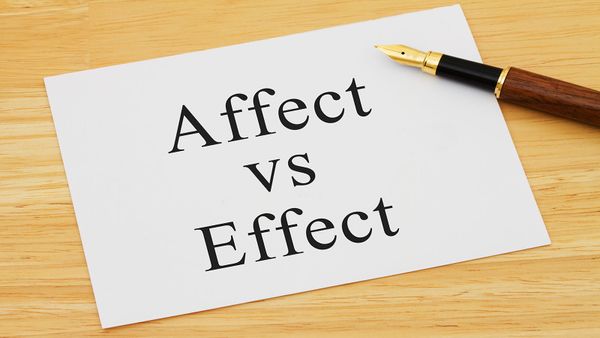
Whose and who's. The two words sound alike, don't they?
One of these words is the possessive form and means "belonging to a person," while the other word is a contraction of "who is." Right now, it may seem easy to tell "whose" from "who's," but when it comes to putting these words into play, things often get murky.
Advertisement
While "whose" and "who's" may sound the same, they are markedly different when it comes to spelling, meaning and usage. If you've had trouble deciding which word to use, whose vs. who's, read on. We have some helpful tips that will have you choosing the correct word in no time.

